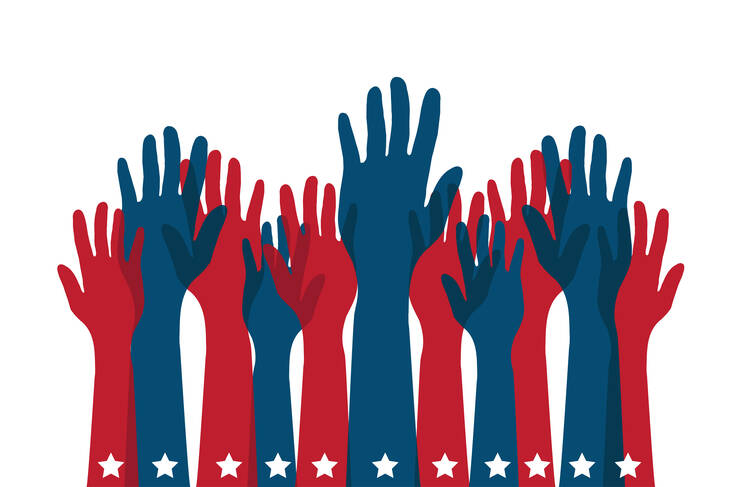The right to vote is the foundation of democracy, but determining who is entitled to vote and in which district is complicated. The states are empowered to determine election districts and voter eligibility, but Congress also may “make and alter” election laws. Legislatures and election officials have numerous tools to either promote or deter citizens’ participation in the democratic process. The 2016 presidential election is the first since the Supreme Court invalidated part of the Voting Rights Act. Several states, including those that previously needed federal approval to change their voting laws, are being sued over redistricting and voting restrictions.
Electoral districts. Race may be considered as a factor in determining election districts, but only to foster rather than undermine the ability of racial minorities to elect candidates of their choice. Gerrymandering to preserve political power is permitted to a certain degree, but extreme “fencing” designed to defeat voter preference may violate the equal protection clause. Important cases from North Carolina, Virginia and Wisconsin are pending in the Supreme Court and other federal courts.
Voter registration. The states set voter registration deadlines as well as identification requirements. Unless states receive federal approval, however, they must permit voters to prove their citizenship by signed affirmation. Approvals given to Alabama, Georgia and Kansas to require documentation of citizenship are being challenged as improperly granted. Federal law encourages states to update voter registration lists, but the automatic culling of registrants and the dispatchment of law enforcement officers to voters’ homes may be unlawful and is being challenged in Kansas and Georgia. States may ban convicted felons from voting. Most states restore voting rights after a sentence is served, but a few require a court or governor’s order. Since July, when the Virginia Supreme Court held that a blanket executive order restoring voting rights violated state law, the Democratic governor and Republican legislature have battled over the re-enfranchisement of eligible Virginians.
Voter ID challenges. Proof of eligibility to register differs from proof of identity required to cast a ballot. Requirements for voter identification that are costly, difficult or impossible to obtain have been deemed unlawful. North Dakota and Texas have agreed to accept additional forms of identification for the 2016 election, but litigation from those states as well as Virginia, Wisconsin and North Carolina will not be finally determined until after the election.
Polling locations and voting methods. Voter participation increases when states establish convenient polling locations and hours, and allow early voting, mail-in balloting and provisional and out-of-precinct voting. Nevertheless, several states rescinded these popular voting options. Courts have blocked some changes, but others may be in effect for the November election. Every state permits poll monitors, but laws vary regarding their number, appointment and authority. Voter intimidation by partisan monitors is illegal but difficult to prevent. Election results may be affected by poorly formatted ballots, human and computer error, hacking and other deliberate tampering. Federal, state and local officials have tried since the 2000 debacle to improve voting methods, but no system is foolproof. Pre- and post-Election Day litigation is likely.








